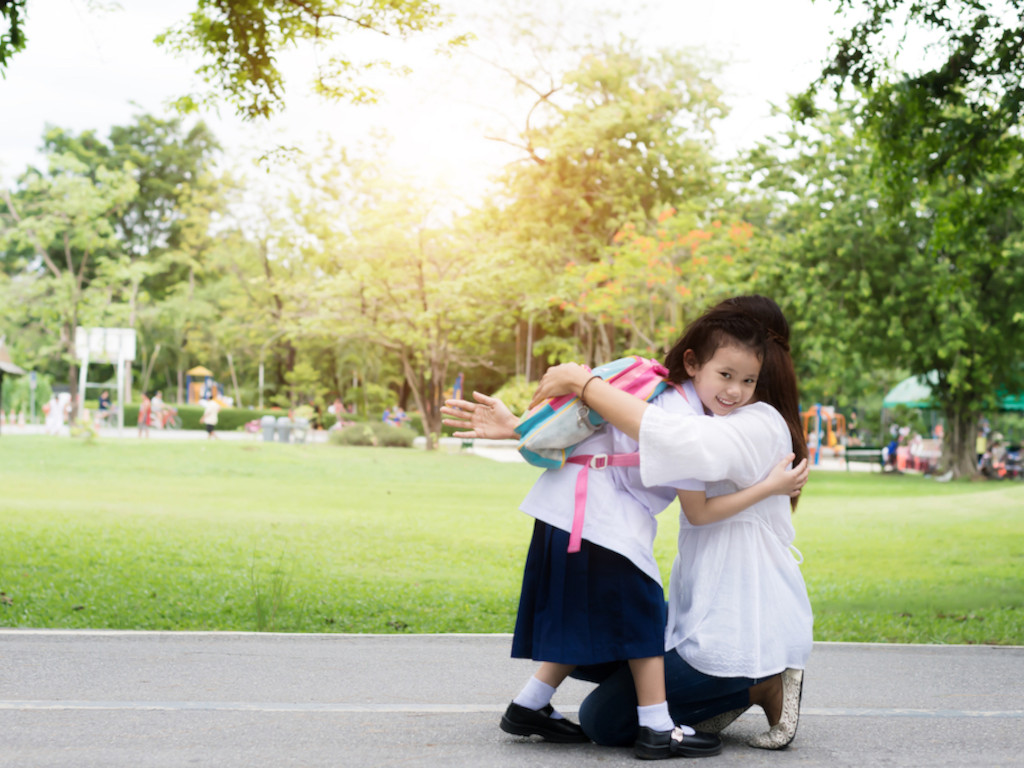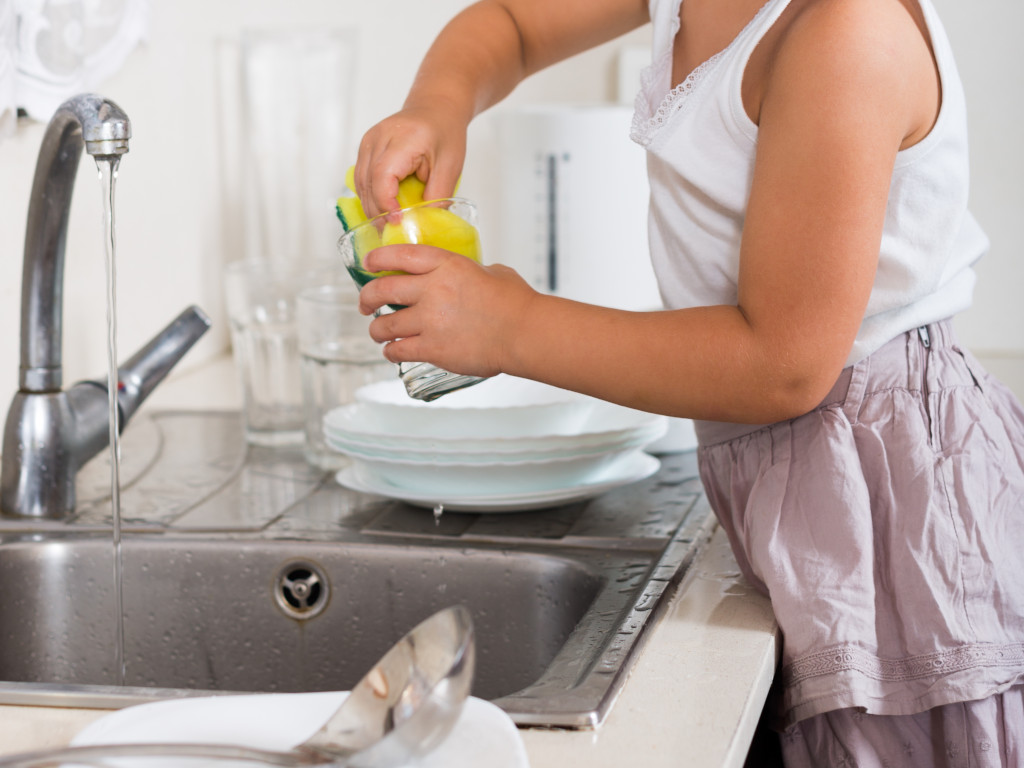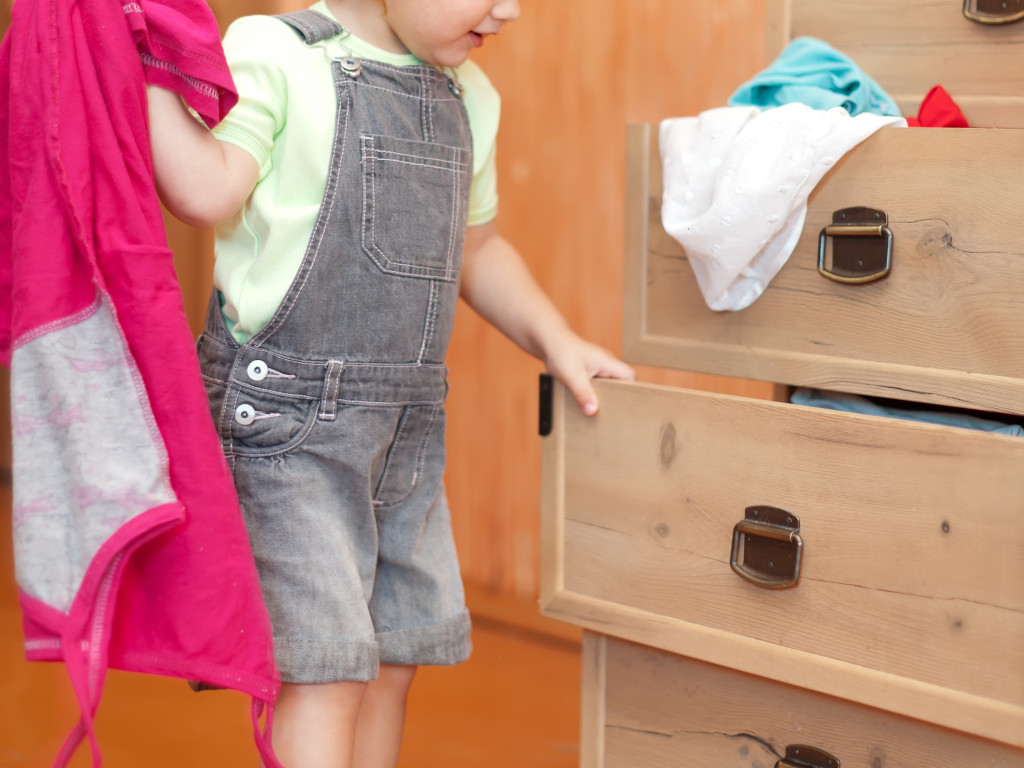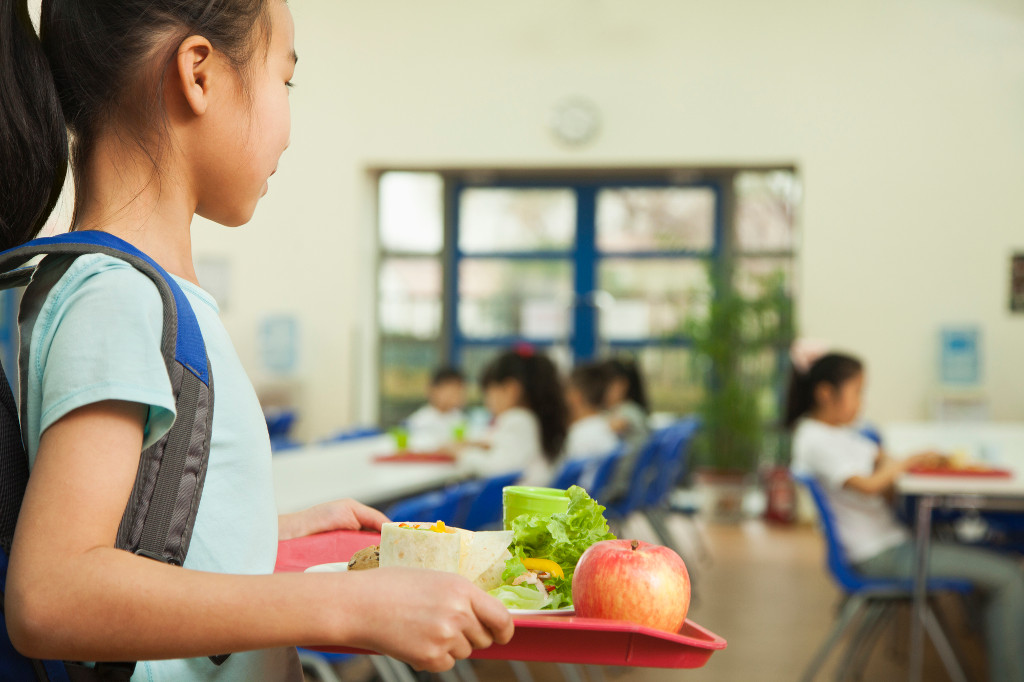SingaporeMotherhood | Parenting
January 2024
Is My Kid Really ‘Old Enough’ to Take Public Transport in Primary One?

“Wow, your daughter takes the public bus home all by herself? But she’s only in Primary One!” exclaims one mum. On the inside, she doubts if her own six-year-old is or mature enough for that. Yet just like in the hit Japanese reality series Old Enough, they almost always are.
In Singapore, preparations for formal education commence as early as three years in advance. Many parents move to live closer to the school of their choice to qualify for priority admission. Others start their parent volunteer journey a year before their child enters school to be eligible for Phrase 2B.
While I did neither of these, preparations for each of my children’s journey towards independence began when they were toddlers. One of my guiding parenting principles is: Always let the child do what they can handle by themselves.
(See also: TRANSITING FROM KINDERGARTEN TO PRIMARY 1)
Don’t Coddle Your Child
Instead of rushing to remove obstacles for them — a.k.a. helicopter parenting, I employ the ‘I do, We do, You do’ method.
That means that from:
- 2 years – They help carry the bread home when we go grocery shopping.
- 3 years – They clean what they spill on the table or floor.
- 3 years – Their ‘household contribution’ is to wipe the mirror (as they giggle at their own reflection).
- 4 years – They wash their own plate after meals (even if the crockery is not as clean as I’d like).
- 4 years – They pick out their own clothes (yes, even a pink tutu to the shopping mall!).
- 5 years – They are responsible for completing their homework or face natural consequences.
- 5 years – They choose how to spend their free time after completing their tasks.

Naturally, this takes more time and effort at first. It would be so much faster to just do the things for them. But I remind myself that spending five minutes teaching them how to do something now would save me years of my life down the road.
Let’s take doing dishes as an example. It takes one person roughly 20 minutes to wash all the dishes, depending on how big your family is and how elaborate dinner was. That adds up to about 121 hours in a year, or 51 days (across 10 years) just cleaning up after a single meal!
And that’s just one chore. We call them ‘household contributions’, because each family member gets to contribute daily to the family. I don’t pay my kids for doing them — being part of our family comes with privileges and responsibilities. Play up the privilege part by telling them that they get to decide how they want to do it and that this is our ‘thing’.
(See also: ARE YOU A HELICOPTER PARENT? YOU COULD BE HURTING YOUR INFANT)
There is No Perfection — Only Works-in-Progress
Household contributions are especially important because they are repeated daily and go a long way in building excellence. While each starts off at base levels of completing a task, the goal is that they graduate to gold standards. That’s when their tasks carry their ‘signature’.
“An artist signs off at the bottom of their masterpiece because they are proud of their work. Similarly, bring excellence to every task, so that you beam at your accomplishment with self-satisfaction,” I tell them.
Each individual child will continue to achieve different standards and that’s perfectly fine. As we rotate tasks at home, some choose to fold the dry clothes instead of hanging them out to dry. Another prefers cleaning the floor instead of washing the toilet. Never, ever, compare each child with their sibling.

Instead, encourage, encourage, and encourage! While the end game is attaining gold standards, I start with lowered expectations. Because the thrill each child gets from realising that they are a contributing member of the family builds their self-esteem. They become more confident and engaged, compared to if they were discouraged and gave up.
Celebrating small wins may not be something your parents modelled for you. So what? Take conscious effort to include genuine praises into your language and mindset because the rewards are exponential.
This humble humdrum of household contributions lays the groundwork for independence. So the first day of primary school becomes yet another milestone task to complete and conquer. They are now old enough commute by themselves, purchase anything they want to eat, and complete their homework and learn. How exciting is that ‘level up’?
(See also: HOW TO GET YOUR CHILDREN TO TIDY UP BY THEMSELVES – AND ENJOY DOING IT)
Trust Your Child — Listen to Their Choices
Transitions, whether at primary, secondary or tertiary levels typically include longer curriculum hours and a bigger and more diverse environment. They generally also come with greater autonomy, and with that, more responsibilities.
Extra conversations with each child is critical in the first few weeks. Because listening to their experiences creates opportunities to support their development. This is true, even — or especially — for the older ones. Parents tend to focus on the little ones and assume our adolescents are fine. But the truth is, they still need our supporting ears, even if they act like they don’t.
Listening to what my youngest one buys at recess time is one of my favourite conversations. Even if they initially choose to get unhealthy snacks, I simply listen and ask questions. It will reach a pivotal point where realisation dawns and it becomes their decision to eat something more substantial. Because hunger is a great teacher.

I may avoid packing food for them (initially), because my intention is that they learn to purchase nutritious food that serves them instead of falling back on pre-packed food. The earlier they get accustomed to choosing food that is ‘good for me’ — foods that give me energy instead of junk that’s fun to eat, the faster another good habit is formed.
Naturally, every child is different, at varying levels of maturity, and parents comfortable with different arrangements. The challenge then, parents, is for you to step out of what is comfortable for you. Because when your boundaries expand to trust your child’s choices, you raise more resilient children.
(See also: HOW MUCH POCKET MONEY DOES MY CHILD NEED FOR PRIMARY SCHOOL?
Allow the Child to Lead — In Their Time
While one daughter was confident enough to take the public bus back on her own after her first week of primary one, my son is still happy that I accompany him to and from school daily. It’s already been three weeks — so much of me wants to scream, you can come home by yourself!
Yet, I remind myself I am in the business of building confident, well-adjusted individuals, and that each child is on a different timeline.
Instead of chiding him for not knowing how to write some Chinese characters, I affirm his effort to pronounce them first. So yes, he’ll fail his first few spelling tests, but that’s okay.
Because my priority is building life and study skills such that, in his own time, he will have an inner confidence that comes from knowing “I can”. It may take longer than others, and it may not be something he enjoys initially, but he will believe that: “If I keep at it, I can do anything I set my mind to.”
The challenge here for parents is to be patient enough to stick to a routine until it becomes a habit. Inculcate habits where efforts are acknowledged (over results), good choices are praised (over what is convenient), and mistakes are celebrated (instead of avoided).
When we allow our child to lead, we are communicating that we trust them. That is a powerful message that sets them up for success later in life. Teaching our child to own their decisions builds up self-confidence that lets them learn to manoeuvre through whatever life throws at them.
Independence is a mindset. An inner knowing that “I can”, even if “not yet”.
 | Author of “The Naked Parent”, founder of Mum Space, and mother to five amazing children, Junia is a respected thought-leader in the parenting space. Recognised for empowering parents and kids with her 21st-century parenting model for over a decade, she now brings her ‘Modern Asian Mother’ expertise and experience to this exclusive SingaporeMotherhood column. |
All content from this article, including images, cannot be reproduced without credits or written permission from SingaporeMotherhood.
Follow us on Facebook, Instagram, and Telegram for the latest article and promotion updates.





